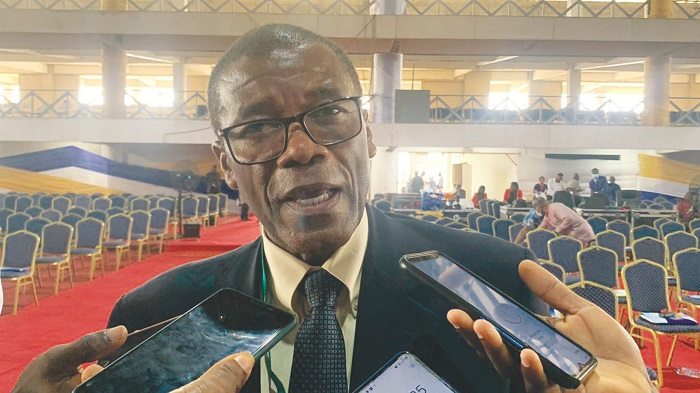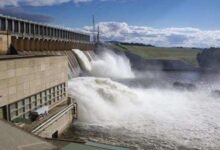
The Ghana Pentecostal and Charismatic Council (GPCC) has condemned the clash and violence that characterised the rise Ghana demonstration,in Accra, last Tuesday, resulting in the injuring of 12 policemen, and some protesters.
According to the Council, it was “unfortunate and disheartening” that the demonstration, which was meant to protest against the economic hardship, rather resulted in chaotic scenes between the demonstrators and the police.
The First Vice President of GPCC, Reverend Gordon Kisseh, who condemned the violence, was speaking to journalists on the sideline of the opening ceremony of the GPCC annual delegates’ conference, yesterday, in Accra.
He expressed worry that protesters and police clashed, and the demonstration turned chaotic, resulting in police firing teargas, water canon, demonstrators throwing stones and others arrested.
“We are appealing to the Ghana Police Service and protesters to be decorous in future demonstrations. No life must be lost during demonstrations,” Rev. Kisseh said.
He attributed the development to lack of public trust in leadership of the State, but asked the public to exercise restraint in venting their frustrations.
Rev.Kissehsaid “demonstrations would continue to happen, but there should be a consensus building between the protestors and the security officers, to protect lives and properties.”
He said although the GPCC had received public backlash for being quiet on some happenings in the current government, the council has had some dialogue with the government on issues in regards to the status of the economy.
“The Council has not been silent at all. We also do a lot work behind closed doors because we cannot make issues public all the time,” Rev. Kisseh said.
Concerning the event, he said the Council was not happy that some members were absent from the Annual Delegate Conference, without any formal letter to the secretariat.
He explained that the conference was among many activities to highlight activities of the Council as well as deliberate on national issues.
BY BERNARD BENGHAN







